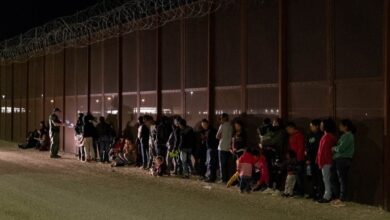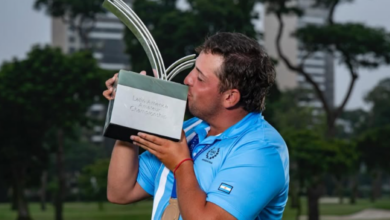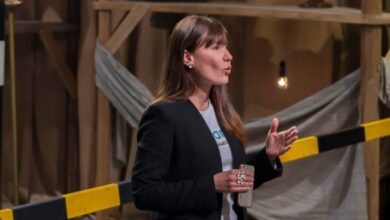Disinformation and abstention: guilty of the Anti-Corruption Consultation’s defeat
The low participation and the speculation in social media contributed to the defeat
The Anti-Corruption Consultation – led mainly by Senators Claudia López and Angélica Lozano, supported by Colombian political figures such as Senators Jorge Robledo, Gustavo Petro, Antanas Mockus, Antonio Navarro Wolf, among others – lacked, according to Registraduría, 473,000 thousand votes to reach the 12'140.342 million votes required by the threshold to be approved.
What happened?
Disinformation in social media
The chains shared on Facebook that hinted, for example, that the Anti-Corruption Consultation was "disguised as good intentions" and that it sought to "use the laws in favor of those who make them" or that "senators would only be entitled to two periods in Congress", encouraged misinformation.
In the same letter of the Anti-Corruption Consultation it was emphasized that there would be a "maximum of three periods to be elected in a corporation of popular election such as the Senate of the Republic, the House of Representatives, the Departmental Assemblies, the Municipal Councils and the Administrative Boards. Local".
As for the false assertion that the Anti-Corruption Consultation sought to "use the laws in favor of those who make them," the head of the political studies department of the Icesi University, Juan Pablo Milanese, consulted by Colombiacheck, said that the real objective was "a change in the mechanics and in the laws that govern Colombian politics in search of transparency".
Also, there was a publication on Twitter stating that Senator Claudia Lopez was going to receive between 5,000 and 5,600 pesos through the mechanism known as replenishment of votes, which is that the State replenishes part of the money invested in a certain Bell.
The information is a lie, because according to the magistrate of the National Electoral Council, Armando Novoa, interviewed by the aforementioned means, "in the mechanisms of citizen participation there is no replenishment of votes, scope or not the threshold."
Also read: The most corrupt politicians in Latin America
Besides posts on Facebook and Twitter, there was a tweet made by former President Álvaro Uribe, who says: "I do not vote the deceptive consultation and I have taken care of transparency and austerity of State resources throughout my public career", contributing in large part to the disinformation.
Unfortunately, this questioned character still has great influence on a sector of Colombian society, which upon hearing his statements support them regardless of the damage they may cause to initiatives such as the Anti-Corruption Consultation.
Abstentionism
Although there were more than 11 million voters in the Anti-Corruption Consultation, surpassing the 10 million that Iván Duque obtained on his way to the presidency, only 1.2 million of the 4.7 million voters eligible to vote participated in Antioquia. While in Bogotá participated more than 2.6 million, 1.4 million more than all of Antioquia, according to data from the Registrar.
In Atlantic, of the 1.8 million registered voters, only 442,892 voted. On the contrary, in Valle del Cauca, the consultation had a support of 1.1 million votes of 3, 4 million able to vote.
Although the figures were not what were expected Bogotá and Valle del Cauca take have to be congratulated in comparison with Antioquia and the Atlantic – both historically beaten by corruption – where the disinformation and the disinterest shown in the abstention were the protagonists.
Latin American Post I Edwin Guerrero Nova
Translated from “Desinformación y abstención: culpables de la derrota de la Consulta Anticorrupción”





